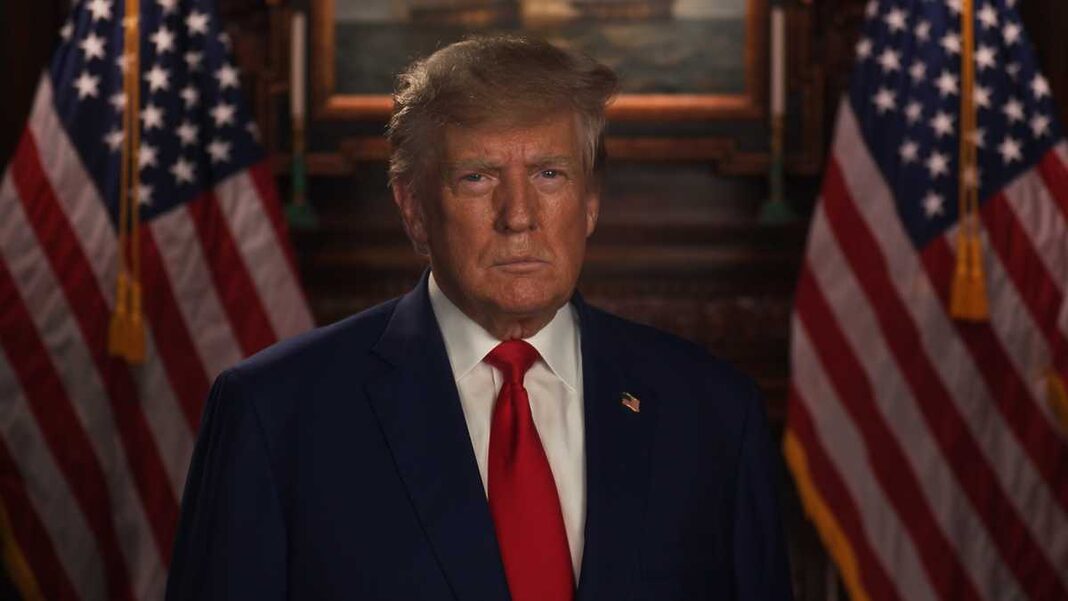The rule in question has been dubbed the ‘gun show loophole’ because one of its target groups was people who sell firearms at gun shows for profit.
A federal judge in Kansas has declined to block the nationwide enforcement of a federal rule requiring anyone who sells guns predominantly for profit to get a federal license and conduct background checks, sometimes referred to as the “gun show loophole” because its target group notably included merchants at gun shows.
The ruling was issued this week by U.S. District Judge Toby Crouse in response to a lawsuit brought by Kansas, 19 other other states, three individual gun collectors, and a Wichita-based collectors association. The complaint was initially filed in Arkansas and later transferred to Kansas after a judge found Arkansas had no standing to sue.
Besides the Arkansas lawsuit that was moved to Kansas, there were two other similar legal challenges to the rule in Florida and Texas, bringing the total number of plaintiff states to 26, with all complainants arguing that the rule was an unconstitutional infringement of the Second Amendment and amounted to an illegal attempt to circumvent Congress and expand background checks.
In the Kansas ruling, the judge wrote that the plaintiffs’ predictions of harm to the states, gun collectors, and groups were too speculative, undermining their argument of success on the merits. While the plaintiffs may ultimately succeed on the merits, the judge wrote that “they failed to make a strong showing that they are substantially likely to do so.”
The rule was developed by the Department of Justice and the Bureau of Alcohol, Tobacco, Firearms, and Explosives (ATF). It was finalized in April and it changed the legal definition of what it means to be “engaged in the business” of dealing in firearms, requiring anyone selling guns for profit to obtain a federal license and conduct background checks.
There were exceptions to the rule for hobbyists, antique gun collectors, family transfers, and occasional sales to enhance or liquidate a personal collection, with the key aspect of the exemption being that such sales were not predominantly motivated by the intent to make a profit.
By Tom Ozimek








